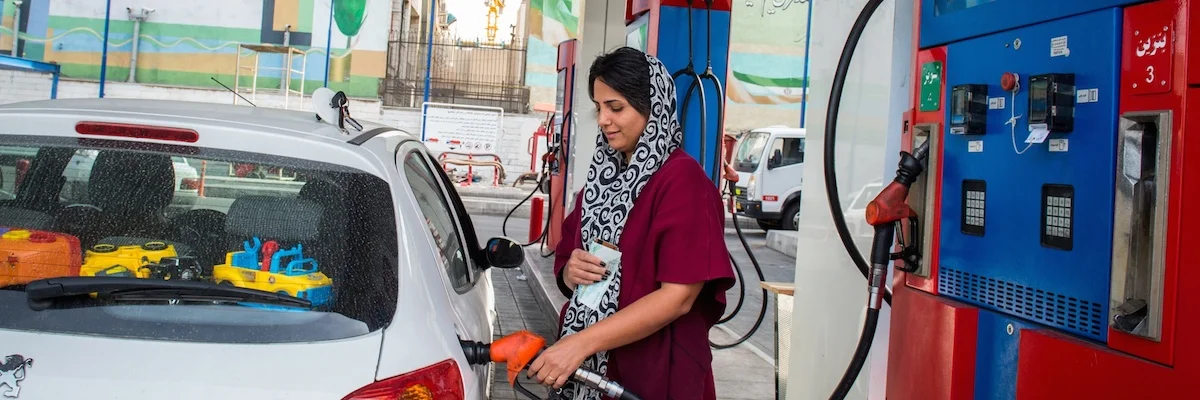IMF Sees Risk of 50% Iran Inflation on More U.S. Sanctions
Tighter U.S. sanctions against Iran could fuel inflation to the highest level since 1980, according to the International Monetary Fund, as the Islamic Republic’s economy grapples with a weakening currency and tighter U.S. sanctions on oil exports.
Consumer prices could average 50 percent higher this year after the U.S. moved last week to end sanctions waivers granted to a handful of countries buying Iranian oil, said Jihad Azour, head of the IMF Middle East and Central Asia department. Before the announcement, the Washington-based lender had expected inflation to average 37 percent.
The U.S. decision aims to slash Iranian oil exports to zero, starving the government of essential revenue as Trump seeks to curb the Islamic Republic’s political influence in the Middle East. The grim outlook would put Iran’s inflation on par with crisis-hit Sudan and only behind Venezuela and Zimbabwe, two countries caught up in political turmoil, IMF data show.
Even before the removal of the waivers, the exchange rate had lost two-thirds of its value and “the economy was expected to go into a second year of recession,” Azour said in an interview on Sunday in Dubai. While it’s hard to tell how high prices could surge, “it’s clear that the situation is expected to deteriorate,” he said.
Forecasts released before the U.S. decision show Iran’s gross domestic product set to contract 6 percent this year from 4 percent in 2018 before a marginal recovery in 2020. The oil price needed to help the country balance its budget was forecast to rise to $125.6 a barrel from $113.8 in 2018 and $64.8 the previous year. Brent crude prices closed at $72.15 a barrel on Friday.
European powers that signed the 2015 nuclear accord with the Islamic Republic have criticized the U.S. actions. Officials in Tehran said reducing oil exports to zero was impossible.
Azour said Iranian authorities should take steps to alleviate the economic pain in the short term, including bringing the official exchange rate in line with market forces and address weaknesses in the financial system by complying with anti-money laundering and terrorism financing laws.
Authorities also need to “fix or expand their social protection mechanisms to address the additional vulnerabilities” for the poor, he said.
Photo: Bloomberg




